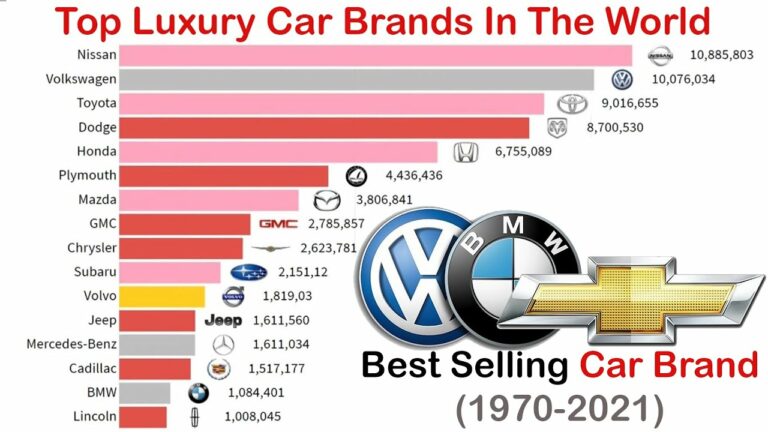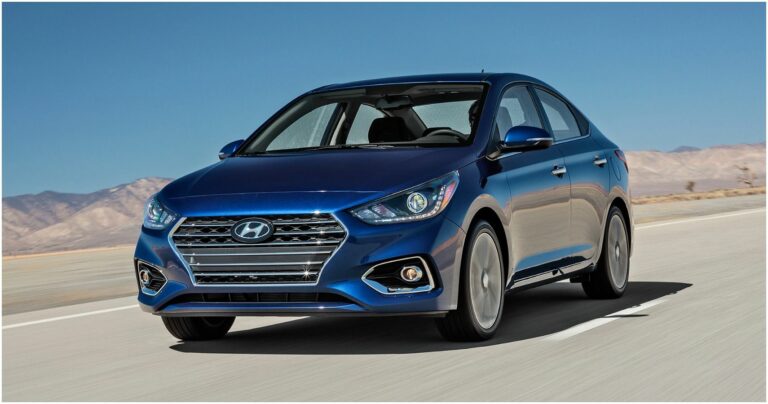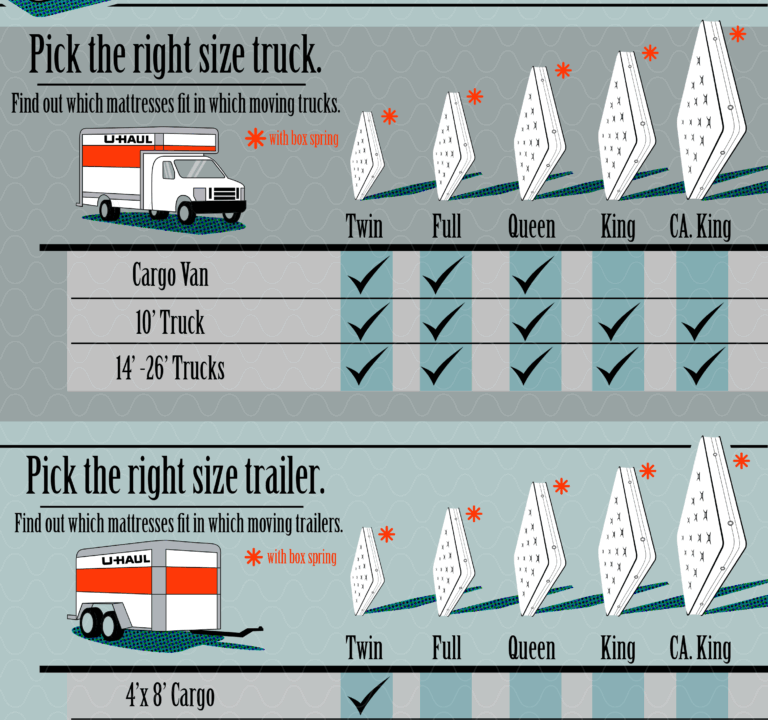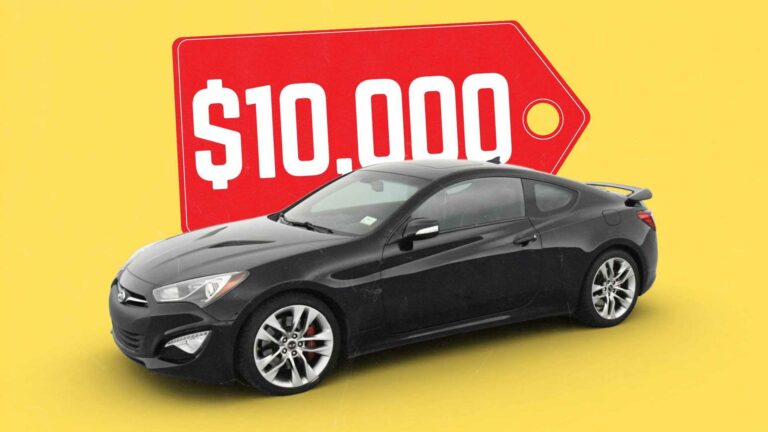Luxury Asian Car Brands: A Comprehensive Guide to Refined Excellence
Luxury Asian Car Brands: A Comprehensive Guide to Refined Excellence cars.truckstrend.com
For decades, the luxury automotive market was largely dominated by European marques, synonymous with heritage, prestige, and performance. However, a quiet revolution has been unfolding, led by a new wave of contenders that are rapidly reshaping perceptions and capturing the hearts of discerning buyers worldwide: Luxury Asian Car Brands. These brands, born from a commitment to innovation, meticulous craftsmanship, and an unwavering focus on customer satisfaction, offer a compelling alternative that blends cutting-edge technology with unparalleled reliability and sophisticated design.
This comprehensive guide delves into the world of Luxury Asian Car Brands, exploring their origins, key characteristics, prominent players, and what makes them a formidable force in the global luxury landscape. Whether you’re a seasoned automotive enthusiast or considering your next premium vehicle, understanding these brands is essential for appreciating the diverse and evolving definition of automotive luxury.
Luxury Asian Car Brands: A Comprehensive Guide to Refined Excellence
The Ascent of Asian Luxury: From Practicality to Prestige
The journey of Asian automakers into the luxury segment is a testament to strategic vision and relentless pursuit of excellence. Initially, Japanese manufacturers like Toyota, Honda, and Nissan earned their reputation through producing affordable, reliable, and fuel-efficient vehicles. As their engineering prowess grew and their understanding of global markets deepened, a new ambition emerged: to challenge the established luxury hierarchy.
This shift began in the late 1980s with the launch of Lexus by Toyota, followed by Acura from Honda, and Infiniti from Nissan. Their strategy was audacious: create dedicated luxury divisions that would operate independently, focusing solely on premium vehicles and delivering an unparalleled ownership experience. More recently, Hyundai’s Genesis brand has burst onto the scene, further solidifying Asia’s claim in the luxury space. These brands leveraged their parent companies’ legendary reliability and manufacturing precision, adding a layer of opulent design, advanced technology, and customer service that often surpassed their European rivals.
Key Players in the Asian Luxury Segment
The landscape of Luxury Asian Car Brands is rich with distinct identities, each offering a unique proposition to the discerning buyer.
Lexus (Toyota)
The Pioneer of Japanese Luxury. Launched in 1989, Lexus set the benchmark for Asian luxury. Its initial offering, the LS 400, shocked the industry with its whisper-quiet operation, impeccable build quality, and incredible value, directly challenging Mercedes-Benz and BMW. Lexus is renowned for its unrivaled reliability, plush and refined interiors, serene driving experience, and legendary customer service. Their commitment to "Omotenashi" (Japanese hospitality) extends throughout the ownership journey.
- Signature Models: LS (flagship sedan), ES (mid-size sedan), RX (luxury SUV – a segment leader), LC (stunning grand tourer).
- Key Strengths: Reliability, build quality, quiet cabins, advanced hybrid powertrains, exceptional dealer experience.
- Considerations: Design language can be polarizing (spindle grille), less emphasis on aggressive sportiness compared to some rivals.
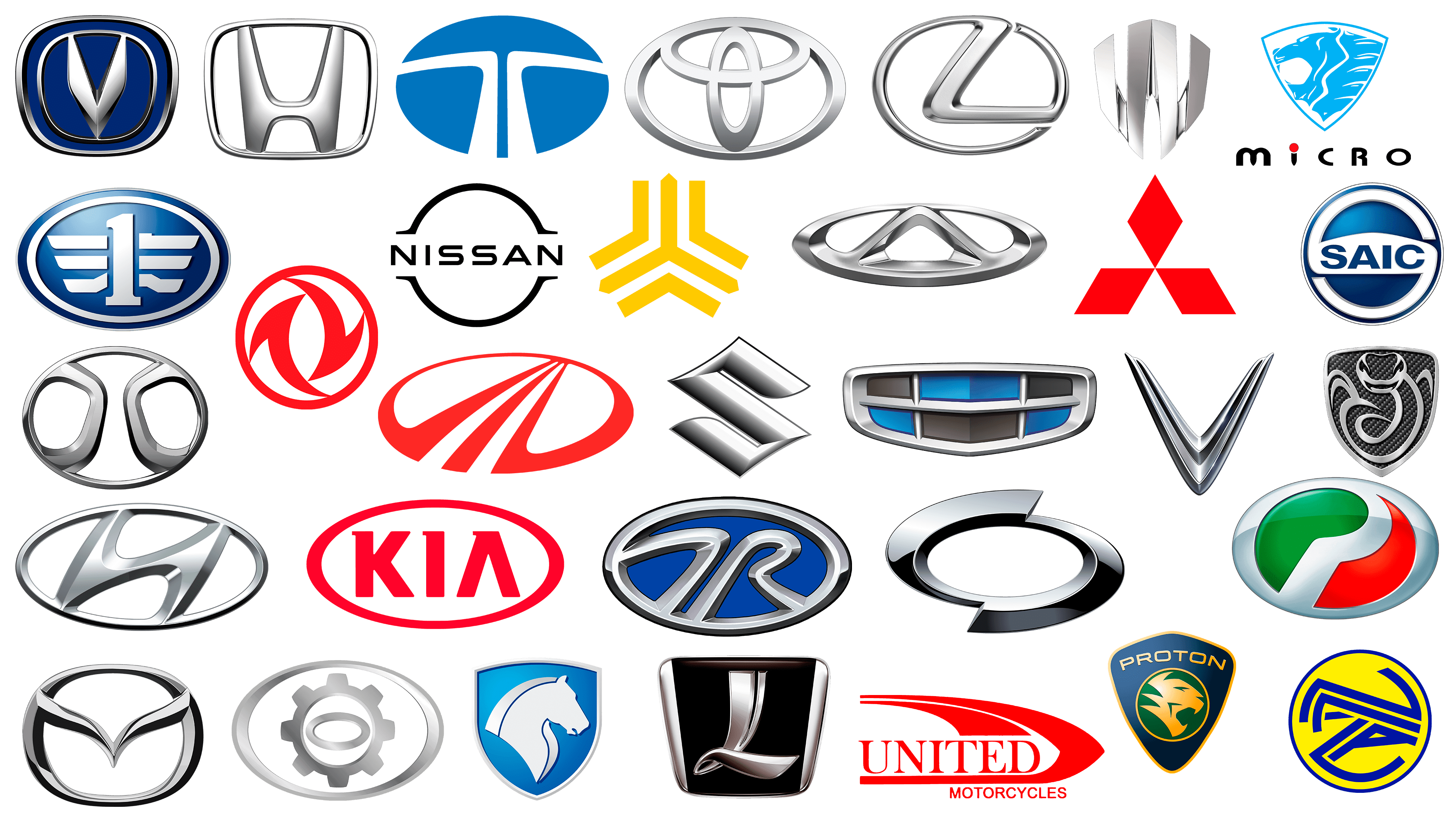
Acura (Honda)
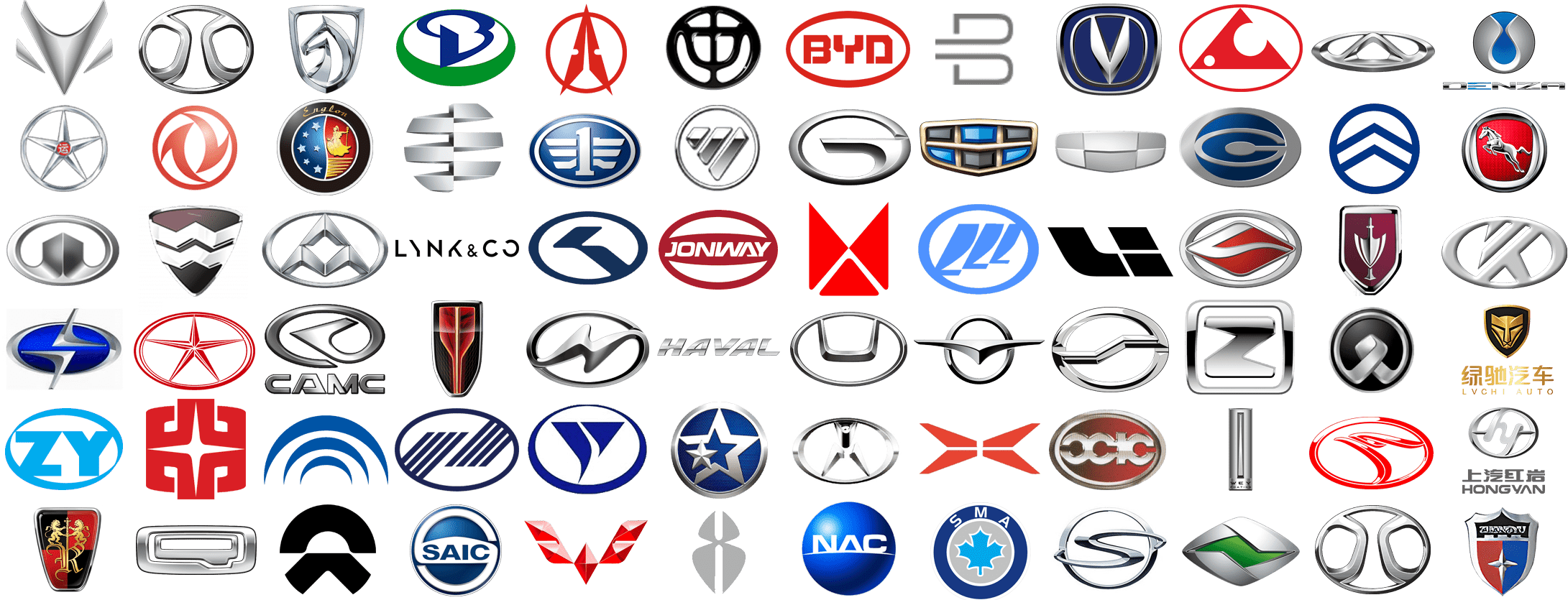
Performance-Oriented Precision. Honda’s luxury arm, Acura, also debuted in 1986 in North America. Acura has historically focused on sporty driving dynamics, advanced technology, and high-performance engines. They often integrate Honda’s engineering innovations first, offering a blend of luxury with a driver-centric feel. Their Super Handling All-Wheel Drive (SH-AWD) system is a hallmark of their performance capabilities.
- Signature Models: TLX (sport sedan), MDX (popular luxury SUV), NSX (hybrid supercar – now discontinued, but a halo car), RDX (compact luxury SUV).
- Key Strengths: Engaging driving dynamics, innovative all-wheel-drive systems, strong safety ratings, practical luxury.
- Considerations: Brand perception sometimes struggles against European rivals, interior design can be less opulent than some competitors.

Infiniti (Nissan)
Design-Led and Distinctive. Infiniti, Nissan’s luxury division, launched shortly after Lexus and Acura, in 1989. Infiniti has often distinguished itself through its bold and fluid design language, powerful V6 engines, and a focus on driver engagement. While it has faced some recent challenges in market positioning, its vehicles traditionally offer a compelling mix of style, performance, and luxury.
- Signature Models: Q50 (sport sedan), QX60 (mid-size luxury SUV), QX80 (full-size luxury SUV).
- Key Strengths: Distinctive exterior styling, strong engine performance, comfortable long-distance cruising.
- Considerations: Infotainment systems have lagged behind competitors, perceived reliability can vary, more limited model lineup.
Genesis (Hyundai)
The Rapid Ascent of Modern Luxury. The newest entrant, Genesis, launched as a standalone luxury brand from Hyundai in 2015. Genesis has quickly made a name for itself by offering exceptional value, stunning design, cutting-edge technology, and a focus on a personalized customer experience. They are aggressively targeting the luxury market with a fresh approach, combining premium materials with powerful engines and a comprehensive suite of safety features.
- Signature Models: G70 (compact sport sedan), G80 (mid-size luxury sedan), G90 (flagship sedan), GV70 (compact luxury SUV), GV80 (mid-size luxury SUV).
- Key Strengths: Striking and cohesive design language, luxurious and tech-filled interiors, strong performance, competitive pricing, innovative customer service (e.g., at-home test drives, valet service for maintenance).
- Considerations: Brand recognition is still growing, limited dealer network in some regions, resale values are still establishing themselves compared to older brands.
Defining Characteristics of Asian Luxury Cars
Beyond individual brand identities, several core tenets define the collective strength of Luxury Asian Car Brands:
- Unrivaled Reliability and Durability: This is arguably their most significant competitive advantage. Decades of engineering excellence mean these vehicles are built to last, often resulting in lower long-term ownership costs and fewer unexpected repairs.
- Advanced Technology and Innovation: Asian luxury brands are quick adopters and innovators when it comes to infotainment systems, driver-assistance technologies, and connectivity features. From sophisticated touchscreens to comprehensive safety suites, they offer a seamless and secure driving experience.
- Exceptional Build Quality and Craftsmanship: Interiors are meticulously crafted with high-quality materials, precise fit-and-finish, and an acute attention to detail. Every touchpoint feels premium and thoughtfully designed.
- Quiet and Refined Driving Experience: A hallmark of many Asian luxury vehicles is their serene cabin environment. Extensive sound dampening, smooth powertrains, and comfortable suspensions contribute to a remarkably quiet and composed ride, ideal for long journeys.
- Customer Service Excellence: Brands like Lexus and Genesis have set new standards for customer care, offering personalized service, transparent processes, and amenities that make the ownership experience truly hassle-free.
- Strong Value Proposition: Often, Asian luxury cars offer a more generous array of standard features and advanced technologies for their price point compared to similarly priced European competitors, providing excellent value for money.
Practical Advice: Choosing Your Luxury Asian Car
Selecting the right luxury vehicle involves careful consideration. Here’s some practical advice:
- Define Your Needs: Are you looking for a spacious family SUV (Lexus RX, Acura MDX, Genesis GV80), a sporty sedan (Acura TLX, Genesis G70, Lexus IS), or a flagship luxury cruiser (Lexus LS, Genesis G90)?
- Set Your Budget: Factor in not just the purchase price but also insurance, maintenance, and potential resale value. Asian luxury brands often have lower maintenance costs due to their reliability.
- Prioritize Features: Make a list of must-have features, from advanced safety systems to specific infotainment options or comfort features.
- Test Drive Extensively: Driving is believing. Spend ample time behind the wheel of your top choices to evaluate comfort, driving dynamics, cabin noise, and technology interface.
- Research Reliability and Ownership Costs: While Asian brands are generally reliable, look up specific model reliability ratings and typical maintenance costs.
- Evaluate the Dealer Experience: A significant part of luxury ownership is the dealer experience. Visit dealerships, assess their service, and consider their post-purchase support. Genesis, for example, offers unique concierge services that might appeal.
Challenges and Future Outlook
Despite their impressive growth, Luxury Asian Car Brands face ongoing challenges:
- Brand Perception: Overcoming decades of European prestige remains a hurdle. Building emotional connections and perceived heritage takes time.
- Design Language Evolution: While some designs are striking (Genesis), maintaining a distinct and consistently appealing design identity across diverse markets is key.
- Electrification: The transition to electric vehicles presents both a challenge and an opportunity. All brands are heavily investing in EVs, with Genesis leading the charge with several compelling electric models. This shift could level the playing field against traditional luxury players.
- Global Expansion: While strong in North America, expanding market share in Europe and other regions where European brands are deeply entrenched requires significant investment and tailored strategies.
The future for Luxury Asian Car Brands looks incredibly promising. Their foundational strengths in reliability, technology, and customer service, combined with increasingly confident design and a rapid embrace of electrification, position them as formidable contenders ready to redefine luxury for the next generation of car buyers.
Price Table: Key Luxury Asian Car Models (Starting MSRP)
Please note: Prices are approximate Manufacturer’s Suggested Retail Price (MSRP) for base models in the North American market and can vary significantly based on trim level, options, region, and current incentives.
| Brand | Model | Type | Starting MSRP (Approx. USD) | Key Features / Notes |
|---|---|---|---|---|
| Lexus | ES 350 | Mid-size Sedan | $43,000 | Smooth ride, high reliability, quiet cabin. |
| RX 350 | Mid-size SUV | $49,000 | Bestselling luxury SUV, comfortable, available hybrid. | |
| LS 500 | Full-size Sedan | $80,000 | Flagship luxury, supreme comfort, advanced tech. | |
| Acura | TLX | Mid-size Sedan | $46,000 | Sporty handling, available SH-AWD, good value. |
| MDX | Mid-size SUV | $52,000 | Family-friendly, 3-row, engaging drive, SH-AWD. | |
| Infiniti | Q50 | Compact Sedan | $43,000 | Strong V6 engine, bold styling, driver-focused. |
| QX60 | Mid-size SUV | $51,000 | Stylish, comfortable 3-row, modern interior. | |
| Genesis | G70 | Compact Sedan | $41,000 | Athletic, premium interior, great value. |
| GV70 | Compact SUV | $46,000 | Stunning design, luxurious cabin, spirited performance. | |
| G80 | Mid-size Sedan | $55,000 | Elegant, refined, packed with tech and safety. |
Prices are subject to change and do not include destination charges, taxes, title, or options.
Frequently Asked Questions (FAQ)
1. Are Asian luxury cars as good as European ones?
Absolutely. While European brands have a longer heritage in luxury, Asian luxury brands like Lexus, Acura, Infiniti, and Genesis consistently rival or even surpass them in areas like reliability, technology integration, quietness, and customer service. They offer a different, often more practical and value-driven, interpretation of luxury.
2. Which Asian luxury brand is the most reliable?
Lexus is widely considered the gold standard for reliability across the entire automotive industry, luxury or otherwise. Acura and Genesis also consistently rank highly in reliability and customer satisfaction surveys.
3. Are Asian luxury cars cheaper than European ones?
Generally, yes, when comparing similarly equipped models. Asian luxury brands often offer more standard features and advanced technology for a lower starting MSRP, providing excellent value for money. However, prices vary greatly by model, trim, and options.
4. What is Genesis, and how does it compare to other luxury brands?
Genesis is Hyundai’s dedicated luxury brand, launched in 2015. It has rapidly gained recognition for its striking designs, opulent and tech-rich interiors, strong performance, and a unique customer-centric ownership experience. It is often seen as a compelling alternative to established luxury brands, offering comparable quality and features at a more competitive price point.
5. Do Asian luxury brands offer electric vehicles (EVs)?
Yes, all major Asian luxury brands are heavily investing in electrification. Genesis, in particular, has launched several compelling EV models (e.g., Electrified G80, GV60, Electrified GV70). Lexus has the RZ 450e, and Acura has announced its ZDX and ADX EVs, signaling a strong commitment to an electric future.
6. What about the resale value of Asian luxury cars?
Lexus vehicles generally hold their value exceptionally well, often outperforming many European rivals due to their reputation for reliability and low ownership costs. Acura also performs strongly. Genesis, being a newer brand, is still establishing its long-term resale values, but early indicators are positive, especially for its popular SUV models.
Conclusion
The rise of Luxury Asian Car Brands represents a significant shift in the automotive world, challenging long-held perceptions and offering a fresh, compelling vision of premium motoring. With their unwavering commitment to reliability, cutting-edge technology, meticulous craftsmanship, and exceptional customer service, brands like Lexus, Acura, Infiniti, and Genesis have carved out a distinctive and highly respected niche. They prove that true luxury isn’t solely defined by heritage or a specific continent, but by an unwavering dedication to excellence in every facet of the ownership experience. As these brands continue to innovate and expand their portfolios, they are not just competing in the luxury segment; they are actively shaping its future, offering discerning buyers a sophisticated, dependable, and increasingly desirable alternative for their premium automotive needs.

